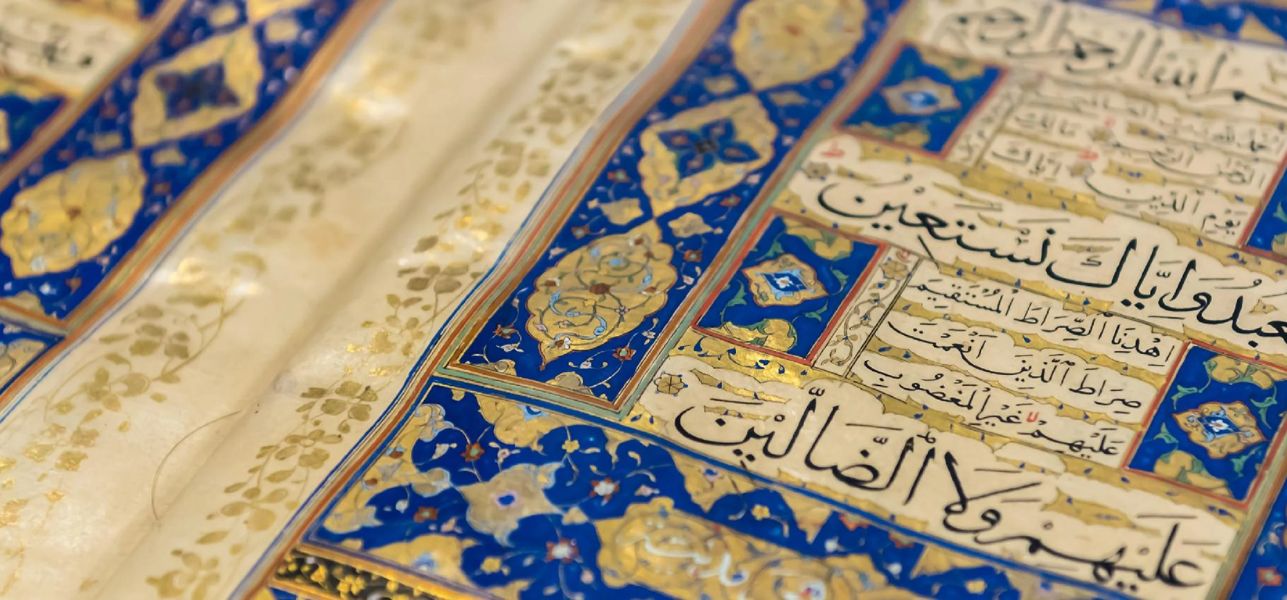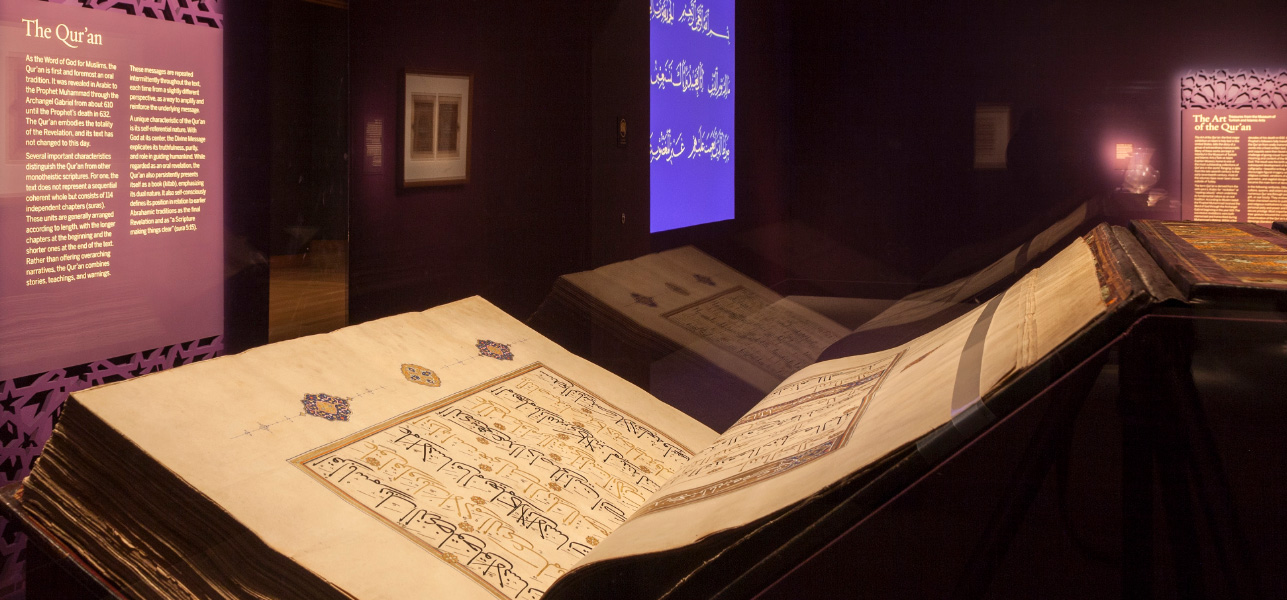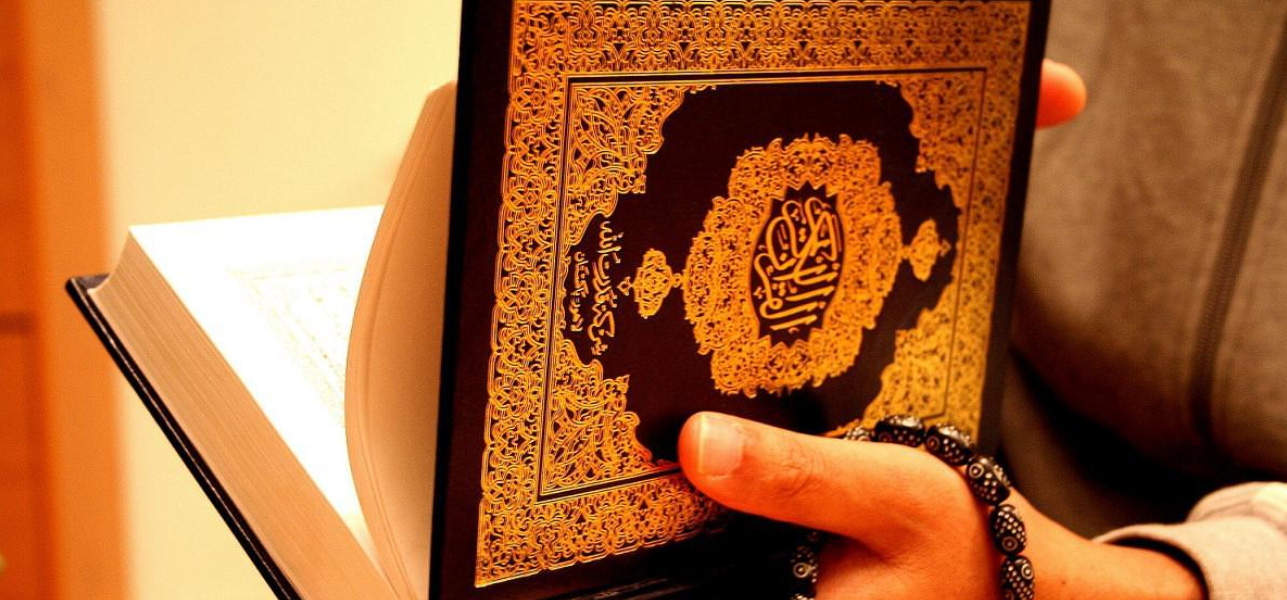Extraordinary—But They Are Not Self‑Sustaining Why American freedoms depend on engaged citizens, and how Islamic principles reinforce that responsibility
Introduction: Freedom Requires Guardians Americans rightly celebrate their Constitution as a beacon of liberty. Yet no right—however beautifully written—defends itself. Freedoms live or die in the space between law and people: in our daily choices, civic courage, and willingness to hold power accountable. For Muslim readers in particular, this message …








